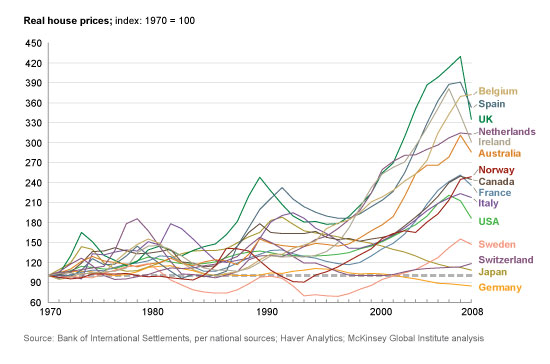Dad2three
Gold Member
In 2009 Frank responded to what he called "wholly inaccurate efforts by Republicans to blame Democrats, and [me] in particular" for the subprime mortgage crisis, which is linked to the financial crisis of 20072009.[49] He outlined his efforts to reform these institutions and add regulations, but met resistance from Republicans
BULLSHIT! The Bush Administration made repeated attempts to look at Fanny/Freddie's books but were denied and called "racists" by Maxine Waters with Barney Fag and Dodd cackling in the background. F/F were so corrupt they accepted FOOD STAMPS as income. BTW...Jamie Gorelick, Reno's squeeze, and the woman who built the wall between the CIA and FBI leading us to 9/11, went on to loot Fannie out of several million dollars in bonuses. That's who caused the meltdown along, of course, with the major commercial banks who dove into ticking bomb derivatives rather than face thousands of CRA foreclosers.
Weird you don't know BUSH ADMIN WAS REGULATOR OF F/F 2001-2009. Executive branch! WHO do you think FORCED F/F to purchase $440 BILLION in MBS's in 2002 to meet THEIR 'housing goals'?
One president controlled the regulators that not only let banks stop checking income but cheered them on. And as president Bush could enact the very policies that caused the Bush Mortgage Bubble and he did. And his party controlled congress.
HERE WAS BUSH IN 2004 FORCING F/F TO UP THEIR GOALS FROM 50% TO 56% 'LOW INCOME'
"(In 2000, CLINTON) HUD restricted Freddie and Fannie, saying it would not credit them for loans they purchased that had abusively high costs or that were granted without regard to the borrower's ability to repay."
How HUD Mortgage Policy Fed The Crisis
"In 2004 (BUSH) , the 2000 rules were dropped and high‐risk loans were again counted toward affordable housing goals."
http://www.prmia.org/sites/default/files/references/Fannie_Mae_and_Freddie_Mac_090911_v2.pdf
June 17, 2004
Builders to fight Bush's low-income plan
Groups ask HUD to rethink plan that would increase financing of homes to low-income people.
Home builders, realtors and others are preparing to fight a Bush administration plan that would require Fannie Mae and Freddie Mac to increase financing of homes for low-income people, a home builder group said Thursday.
Home builders fight Bush's low-income housing - Jun. 17, 2004


